Born in Washington, DC in 1948, George R. Keys Jr. attended the US Air Force Academy before going on to read PPE at Oxford. After serving in a number of Air Force postings, he went on to Yale Law School, and in his legal practice specialised in real estate and land use. He has served as a member of the Association of American Rhodes Scholars (AARS), as well as on Rhodes Scholar selection committees. He has been especially active in transforming the welcome new US-elected Rhodes Scholars receive before they travel to Oxford, and also in celebrating and commemorating the life of the writer, philosopher and educator Alain LeRoy Locke (1885-1954), the ‘Dean of the Harlem Renaissance’ and the first African American Rhodes Scholar. This narrative is excerpted from an interview with the Rhodes Trust on 15 November 2023.
George Keys
Maryland/DC & Balliol 1970
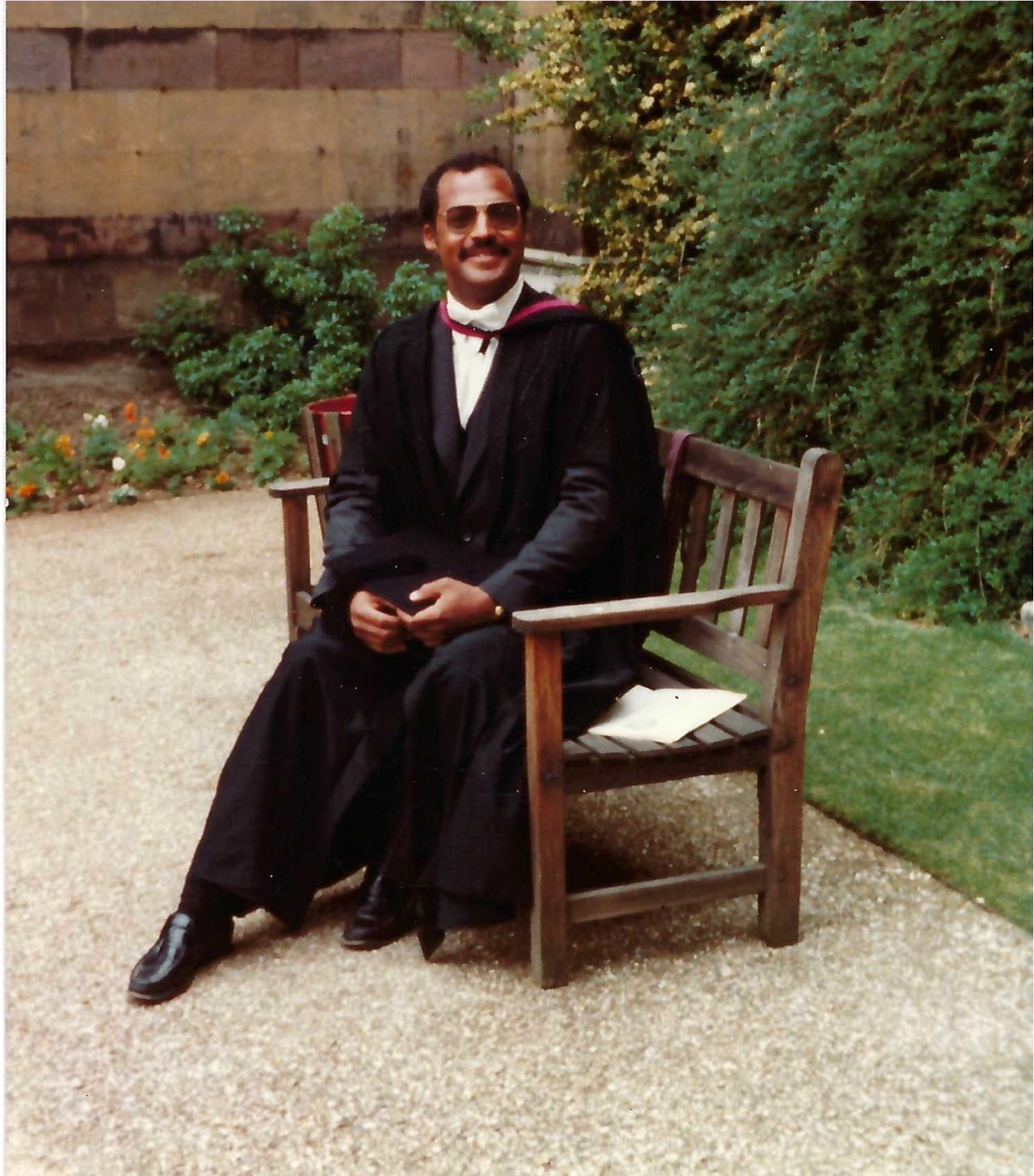
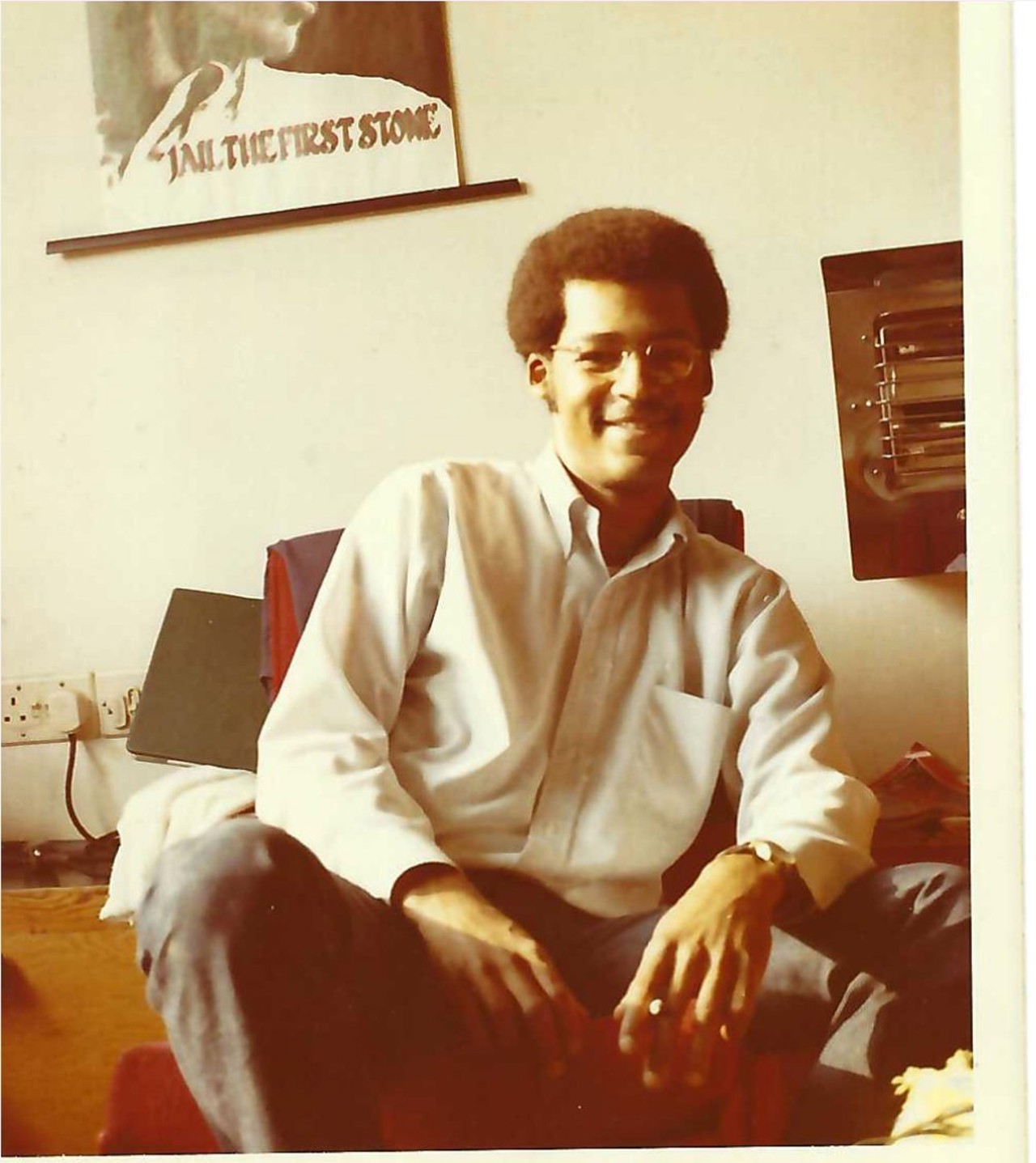
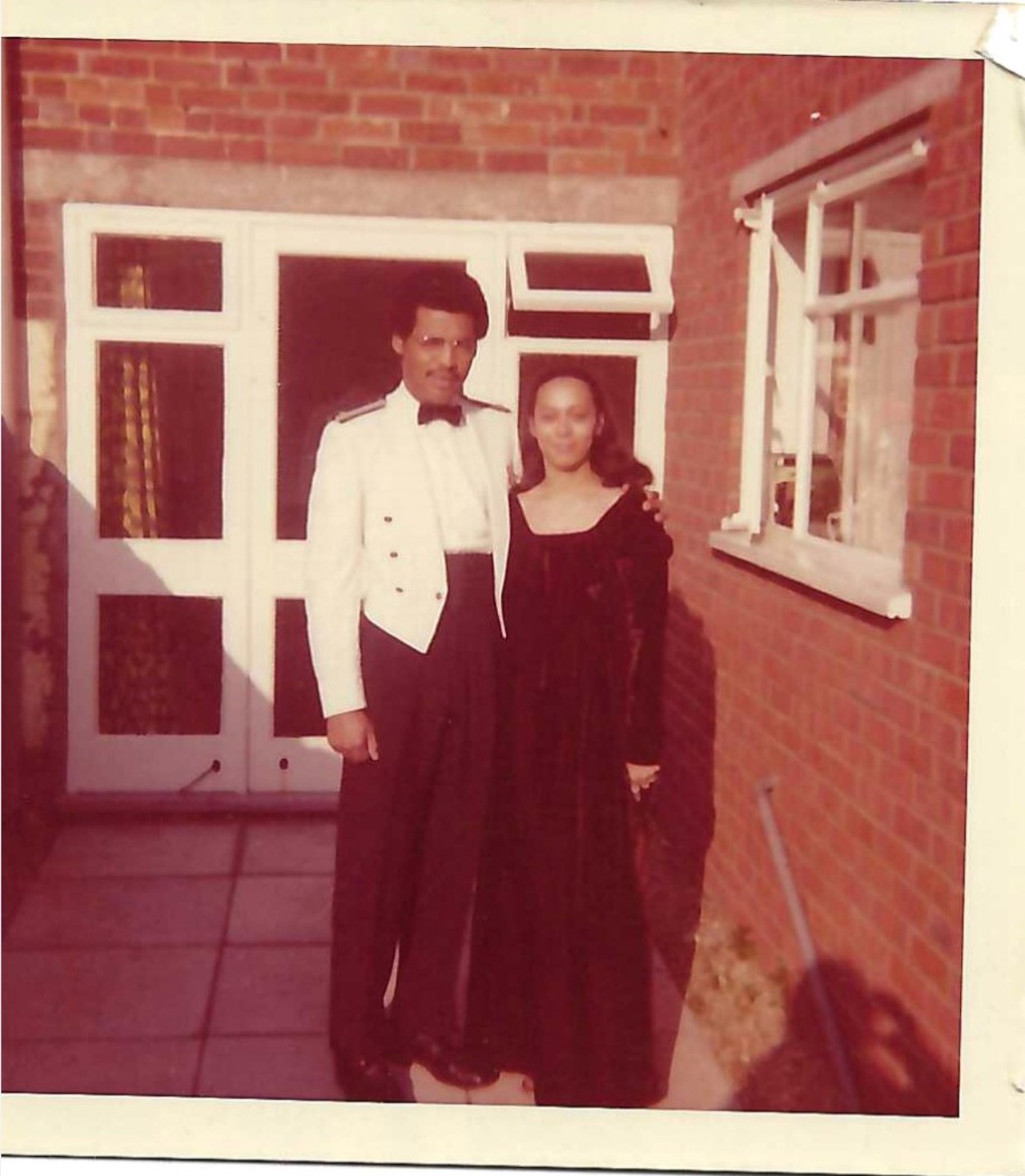
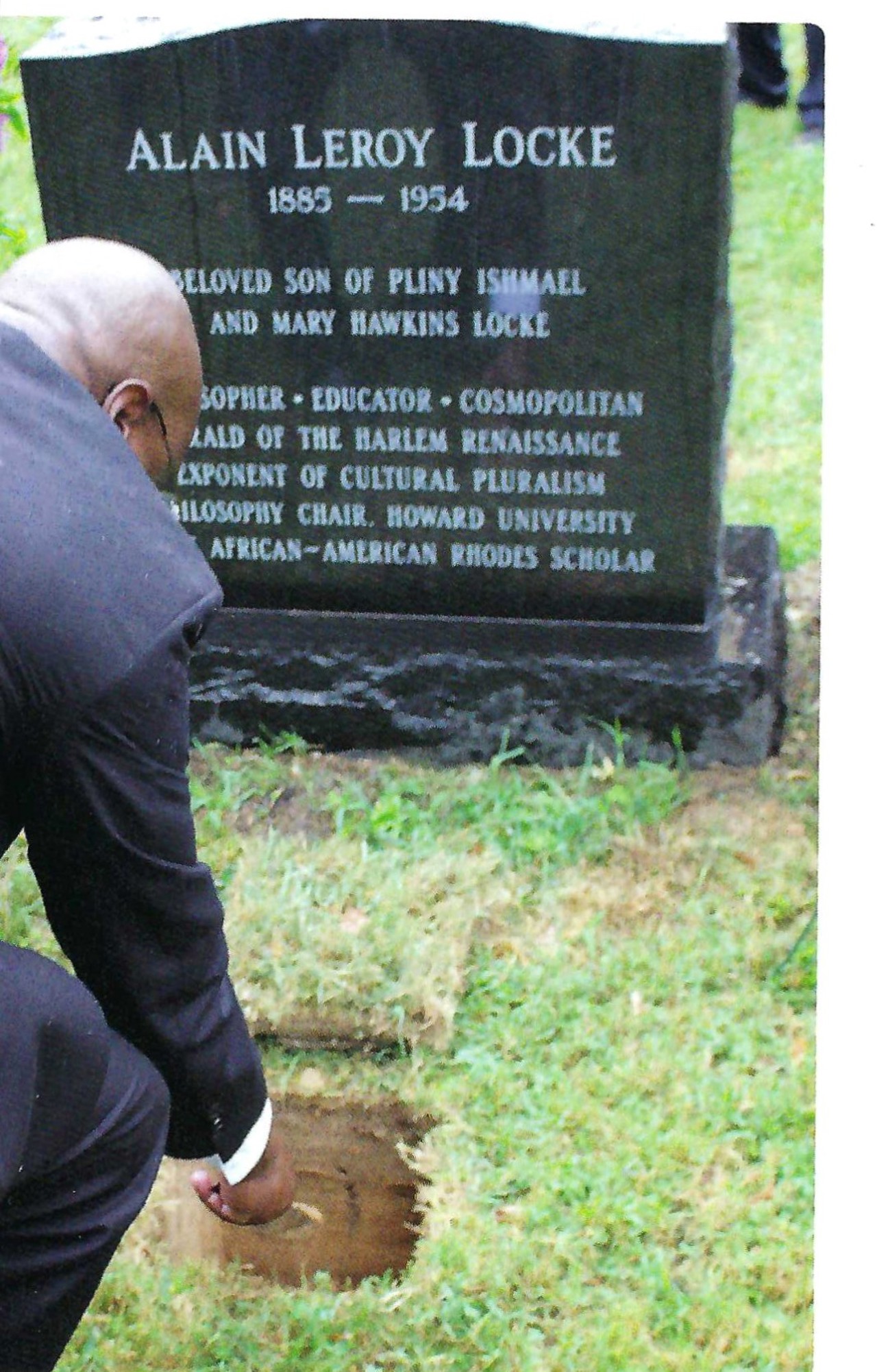
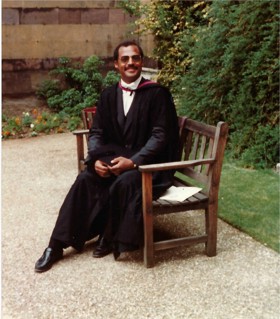
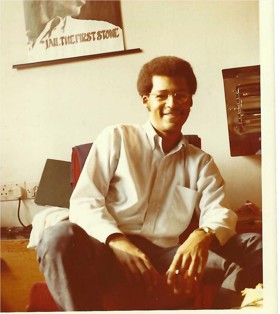
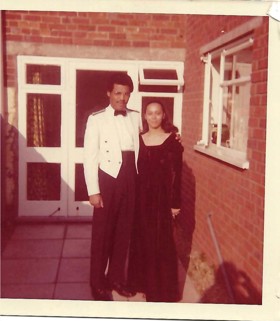
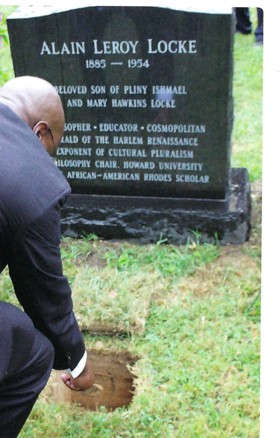
‘A feeling I could thrive in any environment’
I was an only child, and as I look back on it, childhood was a wonderful period. I had parents who were always supportive, though not always understanding of the choices I had in front of me, and I attribute that to their limited education. And as I say that, I do so in appreciation that my life has, to some extent, been bounded by the racial limits and restrictions of the America I was born into, and that influenced my childhood in fairly profound ways.
The elementary school I attended was unique in Washington because it was thoroughly racially integrated. But that changed while I was there. The city opened a new school, and all of the kids who went to it from my school were white. Overnight, the balance changed, and the transformation hit me, because I lost friends. But what I gained from that early experience was a realisation that those white children were just like me. I was comfortable with them, and that feeling that I could thrive in any environment has stood me in good stead. When I had the opportunity to transfer to a school in Georgetown, I took it, because it was a wonderful school, and it was also a wonderland of diversity. It gave me such optimism, and that was the mindset with which I went to the Air Force Academy.
The Academy is a crucible. You’re put under such pressure – academic, physical and, I would say, psychological – that you find out a lot about yourself. For all that, it was very much at one remove from what was happening in the country, and by that I mean the anti-war movement and the civil rights movement. I had no problem adjusting to the Academy, but as the years went on, I could see that there was discrimination there, and I wanted to do something about that. I wanted to engage in conversations and with the community.
On applying for the Rhodes Scholarship
I first learned about the Rhodes Scholarship from a man named Larry Campbell at the Academy and he was the one who pushed, motivated and supported me. It was also helpful that there was a Rhodes Scholar on the faculty, Dick Klass (New York & Trinity 1963), and he and his wife took me and a number of others under their wing. But beyond that, I really had no special perspective on the Scholarship. I looked at the interview as a chance to get a free trip home, because the interviews were to be in Baltimore. Among the finalists, there was only one other black candidate, Heyward Dotson (New York & Worcester 1970), and when they read the names of the successful candidates out and I heard his, I thought, ‘Well, that’s it, because they’re not going to pick two black students out of four.’ But then they read my name, and I was stunned. So, it was a strange Christmas vacation, with this unexpected present under my tree.
‘Oxford in all of its splendid, startling majesty’
We sailed to England as a class on the QE2. I have to say that the sailing was not, for me, a bonding experience with my classmates. I do remember standing with my classmate from the academy, Scott Barker (Nebraska & New College 1970), watching the Statue of Liberty fade in the sky to the west, and both of us thinking that this was a significant turn in our lives. Other than that, what stays with me from the trip is my aunt from New York coming to see me off. Seeing her on the ship was a total surprise, and she and her husband and their friend had brought champagne, and it was an unexpected and delightful send-off.
When we landed in England, it was raining. The bus took us up to Oxford, and I remember so vividly coming over the hills and catching sight of the city, and at the same moment the clouds seemed to break and the sun hit Oxford, and there it was in all of its splendid, startling majesty, like nothing I had ever seen before.
My academic experience at Oxford was completely different to what I had known at the Academy, where every minute of your time is accounted for. It took me a while to get into the rhythm of that weekly cycle. I had very strong tutors at Balliol and in other colleges. Steven Lukes, in particular, who took me for political sociology, was responsible for really stretching my intellect, and I’ve taken that as the foundation for a lot of the thinking that I have done and a lot of the way I understand the world.
The other key experience for me at Oxford was my work, with others, to try to get the Rhodes Trust to change its approach to the Scholarships in South Africa around the issue of race. We got up a petition, and it was signed by most of the other Rhodes Scholars, and we also had a lot of support from dons and junior faculty. But I have to say that the Warden at that time was not welcoming. I think he was frustrated by what he saw as our naivete. It was an issue I raised again in 1983, because the level of inclusion had not significantly increased. I’m thrilled, now, to see the Scholarship extend as it has, although there is still work to be done to open it up beyond elite institutions.
‘A wonderful moment’
I was conflicted after I left Oxford by what was going to be next for me. I didn’t know whether I would stay in the military for a career, but I served in a number of postings, including in Korea and Thailand, and – at my request, because I wanted to come back and be near this place that had felt like home – at Upper Heyford airbase, 20 miles from Oxford. While I was working there, I had come into contact with the base’s legal office, and later, back in the US, I started to think that I would find it interesting to study law, and I went on to Yale Law School. I had originally thought about practising in the UK, but in fact, I ended up staying in Washington, DC.
It was while I was there that Frank Sieverts (New Jersey & Balliol 1955), how had been on the selection committee that interviewed me, drew me into the work of the AARS. We decided to change the Bon Voyage Dinner, turning it into a multi-layered experience for newly elected Scholars over several days, where they could get to know each other and other Scholars as well. As part of that, I decided to put history in the frame, and that was how I was began to learn more about Alain Locke.
Around 2007, five or six black Rhodes Scholars, including me, were talking about how we could do something to commemorate Alain Locke’s election to the Scholarship 100 years before. We started to do some research, and as part of that, we discovered that Locke’s ashes were still held in Howard University. Eventually, we were able to arrange for them to be interred, and we raised money for a plot in Congressional Cemetery. I commissioned a headstone that I’m really proud of, which included symbols to represent Locke’s homosexual identity and also his Bahá’i faith. The commemoration was a wonderful moment.
‘I feel I’ve become a citizen of the world’
To current and future Rhodes Scholars, I would say that Oxford offers rich opportunities and rich experiences. It’s time that you will never have the like of again, and it will change you. Unless you remember that experience by keeping a close eye on it, holding it carefully, you’ll lose it. When I arrived in Oxford, I was not well travelled. I was parochial in my viewpoints and outlook, though I didn’t know it at the time. Oxford brusquely at times and gently at times pointed those things out to me, and gave me the tools and the motivation to want to change.
Whether it is an appreciation for food, for theatre, for opera, for ballet, for culture, I feel as though I’ve become a citizen of the world, and I can be at home almost anywhere. A lot of that, I attribute to the experience of the Scholarship. I think it’s benefited me tremendously, intellectually and morally. Oxford was a kind of a crucible, a little kinder than the Academy, but it’s one that has shaped and moulded who I am today.
